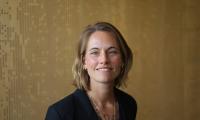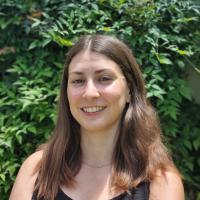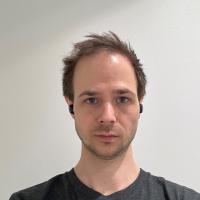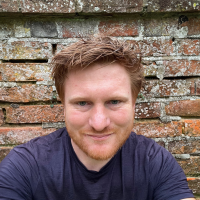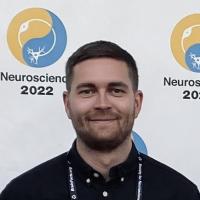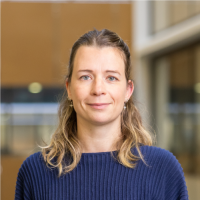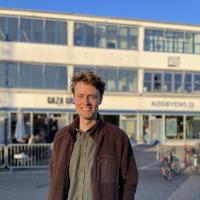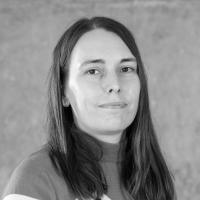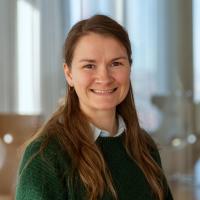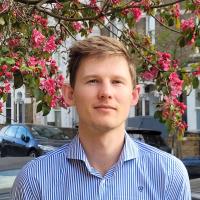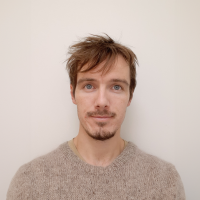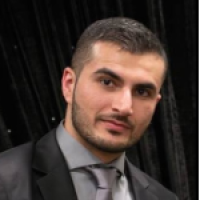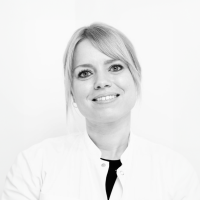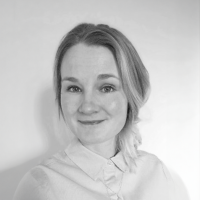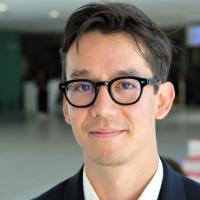The Lundbeck Foundation funds 31 rising researchers
Positioning Denmark as one of the world’s leading neuroscience nations, and creating better opportunities for junior doctors pursuing clinical research are the dual aims behind the Lundbeck Foundation's grant awards totalling DKK 71 million to 31 early-career health scientists from Denmark and abroad.

All of the recipients hold a PhD in their field and are engaged in projects of high academic quality in neuroscience or clinical research. The LF grants are intended to help realise the aim of further specialisation in order to pursue a research career.
Erin Schuman, professor at the Max Planck Institute for Brain Research and chair of the Lundbeck Foundation Talent Panel is involved in the applicant assessment process. According to Schuman, this year’s applications are remarkable for their quality and diversity:
“The committee was pleased to read a set of well-written proposals that addressed some very important topics in neuroscience. We also were happy to see a lot of diverse experiences and backgrounds of the applicants that influenced their thinking, ideas and experimental approaches.”
The grants are divided into two categories: Postdocs and Early-Career Clinician Scientists (ECCS).
Postdocs – internationalisation to advance neuroscience
An international perspective is a high priority in postdoc grant awards. This means that researchers from abroad are welcome to apply for funding to conduct research at a Danish university or hospital. It also allows for Danish researchers to apply for a postdoc grant for projects partially or fully conducted at an academic institution overseas.
“The aim is for the LF Postdoc Programme to support and nurture next-generation neuroscientists at Danish universities and hospitals. We want to incentivise young Danish scientists to travel abroad to hone their skills in international neuroscience environments, and conversely, we want to attract overseas talents to Denmark. This two-fold aim will serve to enrich Danish research communities with vital experience and knowledge,” explains Anette Høye, Senior Scientific Programme Manager at the Lundbeck Foundation.
The numbers speak for themselves: The 20 LF Postdoc Grants all have an international perspective. In addition, the projects represent 10 different disciplines.
Early Career Clinician Scientists – a boost for clinical research
An Early Career Clinician Scientist (ECCS) research grant is not limited to a single clinical discipline but is completely open. The aim is to give junior doctors an opportunity to conduct research in tandem with their medical speciality training.
“In the bigger scheme of things, this will increase the critical mass of research close to – and for the benefit of – patients,” says Peter Thostrup, Scientific Programme Director at the Lundbeck Foundation, adding:
“The aim of the ECCS programme is to support junior doctors in balancing their desire to conduct research with their commitment to medical speciality training. It is a clear wish from the doctors to conduct research because it improves the clinical work and vice verse – both for individual patients and in terms of developing new evidence-based treatments.”
All applications were evaluated by the Lundbeck Foundation Talent Panel, made up of 15 leading researchers from different European countries.
LF Postdocs 2024
The Lundbeck Foundation awarded 20 grants totalling DKK 48,534,393, of which
14 went to women and 6 to men.
An LF Postdoc grant is typically paid over a period of two to three years.
LF Early-Career Clinician Scientists 2024
The Lundbeck Foundation awarded 11 grants totalling DKK 23,086,429, of which
4 to women and 7 to men.
An Early-Career Clinician grant is typically paid over a period of two to five years.
In total, 31 researchers have received grants averaging DKK 2.3 million (EUR 308,266). Of these, 20 are LF Postdocs, and eight are Early-Career Clinician Scientists (ECCS). Some of the grants will be invested in projects on neurodegenerative disorders such as Parkinson’s, Alzheimer’s and ALS, while others will be funding psychiatric disorders such as schizophrenia.


